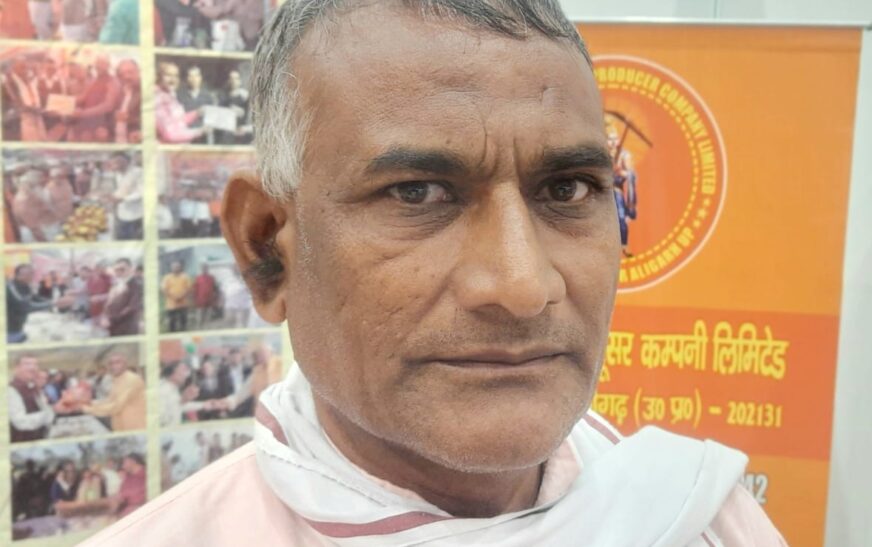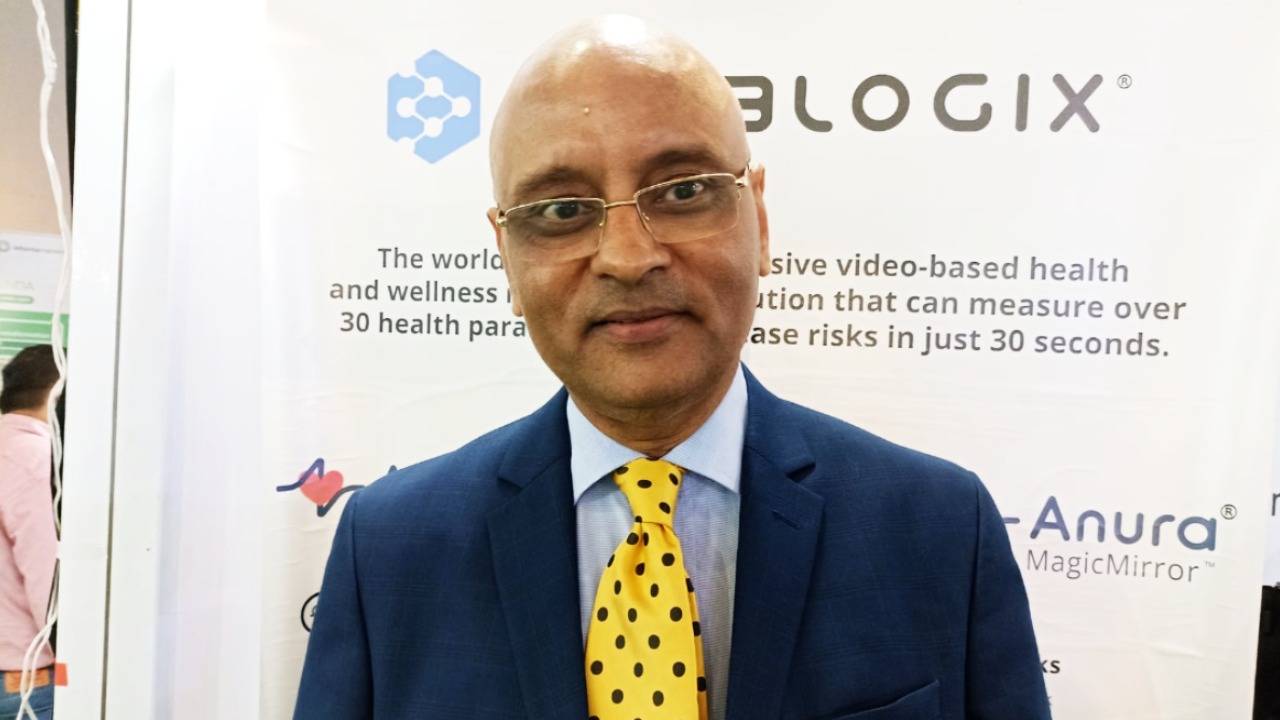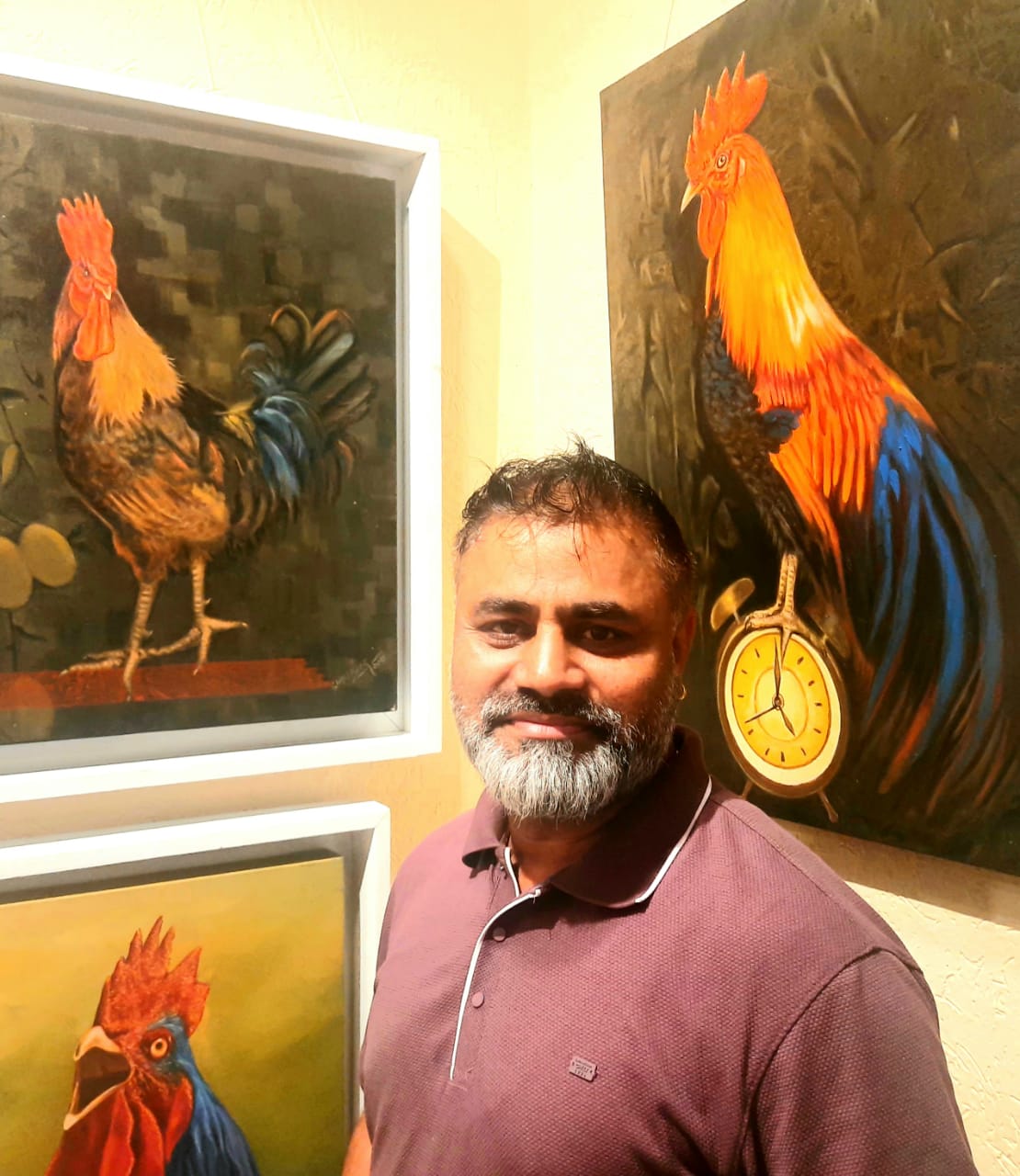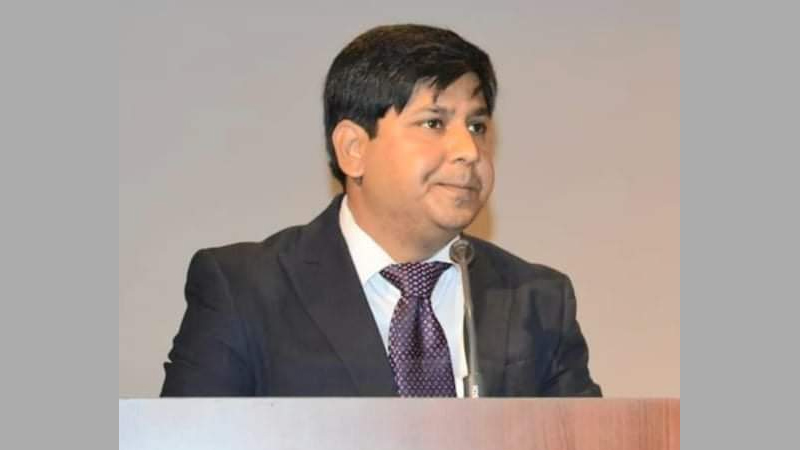Sangharsh Bioenergy Producer Company Limited stands at the forefront of delivering premium organic jaggery, cookies, natural honey, and lemongrass oil, ensuring timely and efficient service. Based in Gangoh, Saharanpur, Uttar Pradesh, Sangharsh is a pivotal player in sourcing the finest quality natural honey from India’s dense forests.
In an exclusive conversation with The Interview World, Sanjay Anant, Managing Director of Sangharsh Bioenergy Producer Company Ltd., delves into the intricate process of honey collection and purity assessment. He sheds light on global research efforts surrounding honey, emphasizes its potential as an energy source for diabetics, expands on the company’s export ventures, and offers fascinating cultural insights about bees. Here are the highlights of his interview.
Q: Could you provide insights into your honey collection process, and how do you assess the current demand within India and in international markets?
A: Since 1990, we’ve been working in this field with a clear vision: to elevate our craft to the global stage. For the past five years, we’ve meticulously studied the forests along the Punjab and Himachal borders, working closely with bees to perfect our approach. Venturing 5 kilometers into the forest, we felt the potential and rigorously tested the quality of our honey. After five years of dedicated effort, we became the first in the world to receive certification from QSI Germany, marking it as one of the most nutrient-rich honey.
The uniqueness of our product lies in the biodiversity of the forest we operate in, which hosts around 300 species of plants. Of these, 120 varieties thrive in one concentrated area, including plants found in Australia, like the Bakul, alongside native species like sweet neem and shisham. From this remarkable range, we carefully selected species that contribute to the extraordinary quality of our product.
As global demand for health-conscious products rises, particularly for diabetic-friendly options, our products have caught international attention. Our company exports this premium product to England, where it has been warmly received. During a presentation in London, we earned the prestigious Silver Award, a testament to the unparalleled quality of our product.
Q: What are the key areas of research currently being explored globally regarding bee, and how might these developments impact the industry?
A: Honey is a complete food, a pure and direct source of energy that neither degrades nor transforms into other substances. According to research, a single spoon can sustain a human for 24 hours. Beyond its nutritional value, bee byproducts such as bee wax, bee venom, and even the aroma of bees have medicinal properties. These natural elements, backed by research, can help cure or manage nearly 300 diseases.
Australia has hospitals dedicated to bee therapy, but there’s significant work happening in India as well. I completed bee therapy training with QSI Germany and have deep respect for the extensive research done in America on bees. American studies reveal that bees can detect scents up to 10 feet below ground and identify flora up to 3 kilometers away when they ascend 100 meters. Their sense of smell is remarkably advanced.
What’s more, even with billions of bees flying around a hive, they never collide—showing just how precise their natural sensors are. No other creature possesses such refined abilities, making bees one of nature’s most extraordinary creations. Paris-based research also confirms the critical role bees play in our survival: if bees cease to exist, humanity would only have four years left, as 70% of the world’s crops and fruits depend on bee pollination.
Research also suggests that applying natural honey to severe burns—up to 95% of the body—can save a person’s life and stands unparalleled in its power.
Q: Given the rising prevalence of diabetes in India, with nearly 10-15% of the population affected, how suitable is honey—given its natural sugars like sucrose and fructose—for diabetic individuals to include in their diets?
A: Sucrose exists in different forms depending on its source. When derived from flowers, it differs from the fructose found in fruits. Honey contains fructose, glucose, and a minimal amount of sucrose—only about 0.5 to 0.7%—which the body actually needs. The key aspect of honey is that it’s natural, and naturalness involves several factors. How we extract it matters. For instance, we use climate-controlled containers to ensure no air pollution contaminates the honey.
Even gas pollution can harm our health, and for diabetics, this is particularly concerning because honey is a pre-registered food—it enters the bloodstream directly. Yet, unlike sugar, honey does not negatively affect blood sugar levels. In fact, honey helps regulate it. When someone with diabetes consumes honey, it first boosts energy and then gradually lowers blood sugar, providing relief. This is 100% backed by our research. Diabetics can consume honey without harm, but only if it’s pure honey.
The process of extraction also impacts honey’s health benefits. When it is machine-processed, its calories decrease, but natural varoiety helps maintain balance in blood pressure, sugar levels, and body temperature for hours. Unfortunately, in India, people often consume invert sugar or syrup instead of real honey, and 90% of the honey we produce is exported.
Our product is in demand across Europe, America, and other regions. If we’re to truly benefit from honey, we must use honey from honeybees. Extensive research shows honey isn’t just for managing diabetes—it helps with thyroid issues, migraines, ulcers, and even cancer. Bee venom, for example, has medicinal properties. In fact, injections for heart patients often contain bee venom, as it thins the blood and breaks down clots.
Bees aren’t just crucial for health—they produce propolis, one of the world’s most powerful antibiotics, and bee pollen, considered a superfood. Bee pollen is low in sweetness yet high in energy, and it helps control blood sugar immediately. Bee venom also has significant healing properties. If you look at churches, beeswax candles burn as a reminder of how vital bees are to us. Bees play an essential role in our health and well-being, far beyond what we typically understand.
Q: Could you provide details on the international markets your company exports honey to, and how have these markets evolved over time in terms of demand and preferences?
A: In India, we’ve built relationships with our customers since 1990—a journey spanning nearly 34 years. Over this time, we’ve reached out directly to around 1.2 million people across the country. Initially, we focused entirely on domestic supply, but 25 years ago, in 1999, we expanded into exports. Throughout these 25 years, we’ve covered almost every state except Goa, growing our network and customer base. Our family of 1.2 million customers is supported by an extensive supply chain, including logistics and courier service partners. We also offer white-labeling opportunities, allowing companies to brand our products, while providing them with detailed information about the specific regions and flora their honey originates from.
India’s climate, unique in its diversity, allows for the production of 47 varieties of honey, 16 of which we extract from different regions. In terms of exports, last year alone, we produced 136,000 tons, with approximately 110,000 tons exported.
I firmly believe that if people embrace natural honey as part of their daily lives, as I have, they can live healthier, medicine-free lives. For 25 years, I’ve lived without medication, relying on natural honey and other organic products to maintain my health. This is a significant achievement, and I believe others can do the same for their families.
However, preserving our natural ecosystem for bees. If we harm the environment in the process, we harm ourselves. I appeal to the Government of India through your platform to raise awareness and encourage the consumption of natural and organic honey, promoting a healthier lifestyle for all.
Q: Given your extensive knowledge about bees, do you have any culturally significant or lesser-known facts related to honey production or beekeeping that you could share?
A: I am excited to share that we have established the first Bee Temple here, followed by a second temple in our village of Saharanpur and a third in the Ropar district of Punjab. The temple’s owner, who resides in England, spearheaded this initiative. The Bee Temple is a sanctuary for all scriptures related to bees, as well as our religious texts.
Notably, sacred texts like the Bible, the Quran, the Guru Granth Sahib, and the Gita all mention bees. The temple honors this connection through inscriptions in the form of honey, although much of this knowledge has been lost over time.
Given the temple’s beauty and significance, we should treat it with reverence. Worship in the temple will focus on the sanctity of bees. Visitors will not climb the temple; instead, only honey from the Bee Temple will be offered as prasad.









